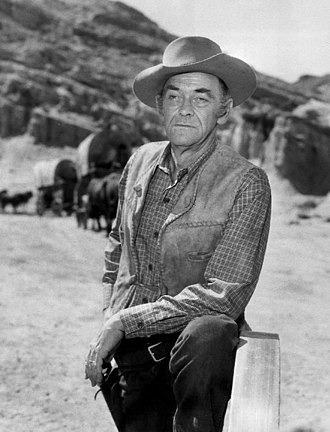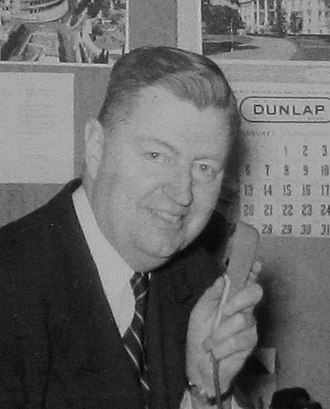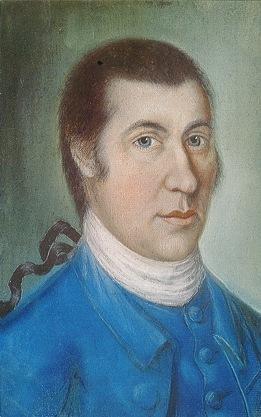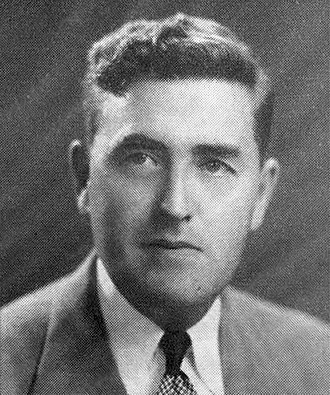McIntire Last Name Origin, History, and Meaning
Where did the surname McIntire come from? What does the surname McIntire mean? Discover the history and meaning of the last name McIntire and family migration on YourRoots Map.
Surname McIntire Origin: What does the last name McIntire mean?
The McIntire surname is of Scottish origin, with roots dating back to the early 17th century in the United States. Derived from Gaelic origins, the name McIntire is believed to mean "son of the carpenter." The surname has maintained a strong association with the United States from the 17th to the 19th centuries, with notable individuals bearing the name making significant contributions in various fields.
YourRoots data confirms the prevalence of the McIntire surname in the United States, showcasing its continued prominence in American history and culture. The surname's rich history and widespread presence reflect a legacy of craftsmanship and innovation, with individuals across different generations leaving their mark on society.
McIntire Last Name History: Where did the last name McIntire come from?
Origin of Mcintire Surname: Where does the last name Mcintire originate from?
According to YourRoots data, the surname Mcintire first appeared in records from the United States around the early 17th century. Please note that this reflects only YourRoots data for the exact Mcintire spelling and does not include other record sources or surname variations.
History of the Last Name Mcintire: What does the Mcintire surname history look like in the early days?
The Mcintire surname remained closely associated with the United States from the 17th to the 19th centuries.
Global Spread: Where can we find the Mcintire surname today?
By the 20th century, the volume of records with the Mcintire surname grew significantly in the United States. The Mcintire surname remains prominent in the United States.
Explore McIntire last name heritage and McIntire surname origin based on YourRoots Map data
 VIEW THE ORIGIN OF SURNAME MCINTIRE
VIEW THE ORIGIN OF SURNAME MCINTIREFamous People With McIntire Surame?

John McIntire
John Herrick McIntire (June 27, 1907 – January 30, 1991) was an American character actor known for his roles in numerous theatrical films and television series. McIntire gained popularity for taking over lead roles in iconic TV shows like "Wagon Train" and "The Virginian." With a career spanning over four decades, he showcased his versatility by portraying various characters ranging from police figures to detectives in both movies and TV. McIntire's contributions to the entertainment industry solidified his legacy as a talented and respected actor, leaving a lasting impact on audiences and fellow actors alike.

Tim McIntire
Timothy John McIntire (July 19, 1944 – April 15, 1986) was an American character actor known for his roles as Alan Freed in "American Hot Wax," George Jones in "Stand by Your Man," and appearances in films like "The Gumball Rally" and "Brubaker." He also had TV roles in series such as "All in the Family" and "Kung Fu." McIntire was a talented musician, composing music for films and even forming a band called Funzone. Born into a family of actors, McIntire's career spanned both acting and music until his passing at age 41.

Carl McIntire
Charles Curtis McIntire Jr. (May 17, 1906 – March 19, 2002) known as Carl McIntire, was a prominent founder and minister in the Bible Presbyterian Church, president of the International Council of Christian Churches, and a renowned religious radio broadcaster. He was a staunch fundamentalist and played a key role in the Fundamentalist-Modernist Controversy within the Presbyterian Church. McIntire founded the Bible Presbyterian Church after breaking away from the Orthodox Presbyterian Church, emphasizing fundamentalist beliefs and distinctives. His legacy as a religious figure and advocate for conservative Christian values continues to influence religious movements to this day.

Samuel McIntire
Samuel McIntire (Jan 16, 1757 – Feb 6, 1811) was an American architect and craftsman known for his work in the Chestnut Street District, showcasing Federal style architecture. Born in Salem, Massachusetts, McIntire taught himself architecture from books, gaining a reputation for designing elegant homes. He worked on structures for the wealthy, including Elias Hasket Derby, and his woodcarving talent extended to sculpting. McIntire's intricate and proportional designs, like the McIntire Chair, reflected Rococo and Federal styles, with detailed ornamentation. His legacy lives on through his beautiful architecture and furniture pieces, showcasing his talent and craftsmanship.

Clifford McIntire
Clifford Guy McIntire (May 4, 1908 – October 1, 1974) was an American politician and member of the United States House of Representatives from Maine. Born in Perham, Maine, McIntire was known for his work in agriculture and rural development. He served in Congress from 1951 to 1965, where he supported civil rights legislation and the 24th Amendment to the U.S. Constitution. McIntire also ran for the Senate but was defeated by Edmund Muskie. After his political career, he continued to be involved in agricultural organizations and was appointed to the United States Railway Association. McIntire passed away in Bangor, Maine in 1974.
All images displayed on this page are sourced from Wikipedia or Wikimedia Commons.We use these images under their respective Creative Commons or public domain licenses. Wherever applicable, author attributions and license information are provided. If you believe an image is used incorrectly or outside its license terms, please contact us so that we can review and correct the issue.




.png)